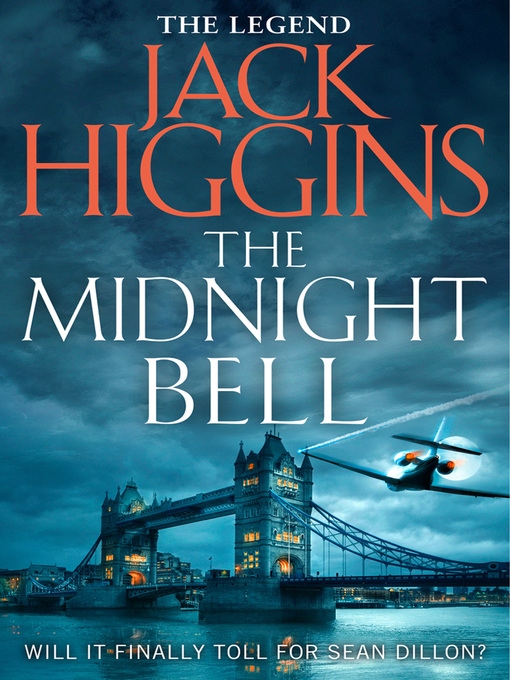

Frequently described as a “satire” of Gothic fiction, Northanger Abbey utilizes an array of Gothic devices and plot twists to wonderful comic effect.Īusten’s wry introduction to the novel’s protagonist, Catherine Morland, delightfully subverts the Gothic tropes associated with the life of an heroine. Austen was in fact steeped in the popular genre fiction of her time, and nowhere is this more evident than in her first novel, Northanger Abbey. Of the innumerable critical works devoted to Jane Austen, perhaps the most widely-read and beloved author in all of literature, surprisingly little attention has been paid to her interest in Gothic fiction. 1, p.“No one who had ever seen Catherine Morland in her infancy would have supposed her born to be an heroine.” Journal of Interdisciplinary Research, Vol.

While the subversive vision of male and female power dynamics is ultimately reversed, I argue that the novel's radical potential is never entirely contained, the high cost of the “happy ending” interrogating the social values on which such an ending depends. For Anna, voluntary self-flagellation provides an alternative form of self-authorization and subjectivity based on the special status of Catholic female religiosity, while Byroff's state-controlled subjugation results in his being objectified and feminized. This paper examines the treatment of two characters, Countess Anna and Count Byroff, who each commit murder and come under the auspices of the Catholic penitential system and French judicial system, respectively.


Francis Lathom's novel, The Midnight Bell (1798), uses conventional gothic themes of crime, guilt, and punishment to interrogate gender roles and to explore how individuals may conform to, reject, or subvert mechanisms of social control in order to preserve their autonomy and sense of self.


 0 kommentar(er)
0 kommentar(er)
